Hurricane season is a bit stressful for this veterinarian. Recently, Tropical Storm Erika threatened to visit. I’ve lived in South Florida for 5 years but hadn’t had such a close call from a potential storm until Erika. I had to buy hardware for my shutters for my vet clinic. I bought gas cans and gas for my generator. I stocked up on water and dry goods. Honestly, I’m pretty well set except for the fact that the roof on my house is old enough to vote. While my seasoned Floridian neighbors were planning their hurricane parties, I brought about cases and cases of vaccines and refrigerated medicines home with me in case power went out at the clinic. I’m thankful and more than a bit relieved that my generator got to stay in the box and I was not affected. I feel for those who did get the hit.
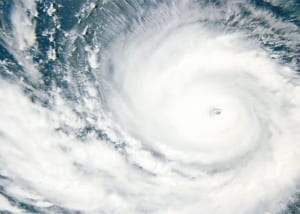 This got me thinking about what folks with diabetic pets might consider in the face of possible natural disasters, whether it be floods or wild fires or whatever ‘Mother Nature’ throws our way. This is in addition to other safety plans you may have. It’s common sense stuff, but here’s my short list:
This got me thinking about what folks with diabetic pets might consider in the face of possible natural disasters, whether it be floods or wild fires or whatever ‘Mother Nature’ throws our way. This is in addition to other safety plans you may have. It’s common sense stuff, but here’s my short list:
Keep your critters close by. And be sure to have enough leashes and pet carriers that are appropriate sizes for your pets! Pets get scared from a crack of thunder just as we can. I woke up this morning at o’dark thirty by rumbling thunder. My kitties wanted to go for their morning walkabout. (Each morning they patrol the perimeter of the pool for little lizards who dare squeeze through the pool enclosure.) I had to be the bad guy who wouldn’t let them go outside. Of course they were peeved, but I told them what the weatherman said. Ain’t nothing worse than a kitty mad at ya, but sometimes we humans have to lay down the law. If they went out and took off when scared I may have never found them.
Make sure your pet’s microchip information is current. Or, if your pet isn’t microchipped, get one if time allows. Because I live in hurricane country I implant and register free microchips to all of my patients who don’t already have one. It is a gift to my clients. Back when Katrina hit ten years ago, I was practicing in Oregon. There were Katrina dogs even in our Oregon shelters. A microchip is your best bet for being reunited with your pet. If you have moved or changed cell phone numbers since your pet was chipped, call the company and verify that they can reach you. While you are at it, if your pet doesn’t have a medical ID tag (common with diabetics or epileptic patients), at least write any medical conditions on their collar with a sharpie until you can get such a tag.
Stock up with enough pet food and water to get you through the impending situation. Have enough insulin syringes and insulin. Freeze some jugs of water if time allows. Most folks don’t have generators, but a couple jugs of frozen water can be put in a cooler to keep insulin cold for a few days until the situation passes.
Know that the situation will likely be scary for your pet. Pets have far better senses than we do when it comes to storms. Additionally, they can sense their human’s anxiety. Thundershirts, xanax, trazadone, acepromazine, and pheromone collars are all hot tickets before storms. Your pet will feel most safe by your side.
Finally, have a plan. Use common sense and please stay safe.
You know I like hearing from our readers. Don’t hesitate to email me at [email protected]
NOTE: Consult your veterinarian to confirm that my recommendations are applicable for the health needs of your pet.
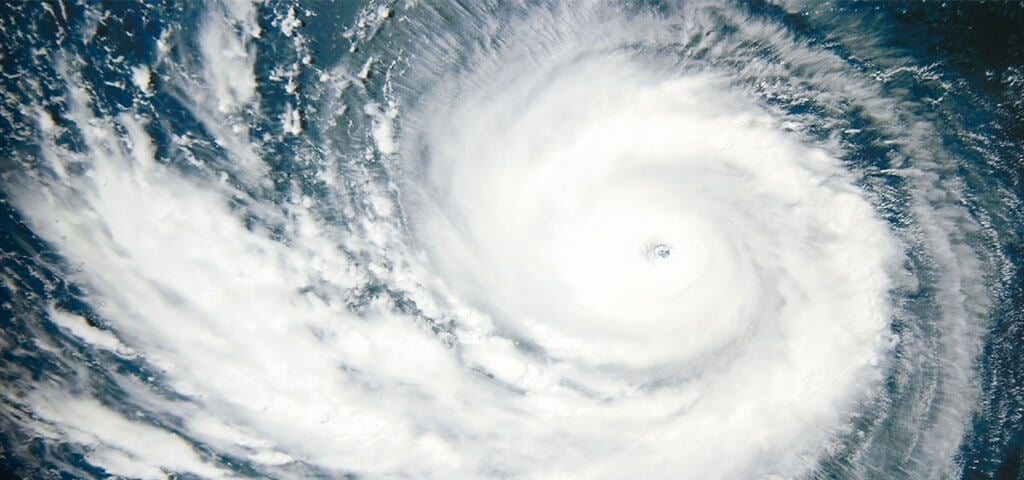
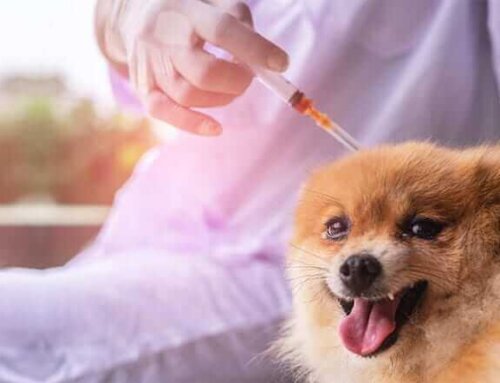

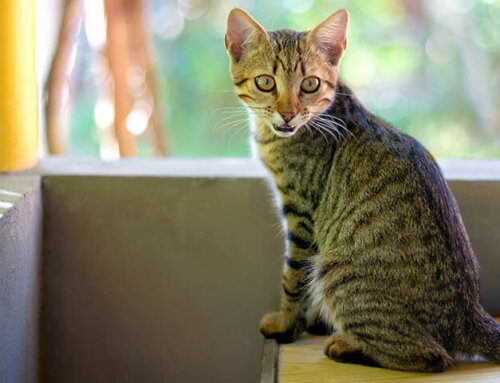
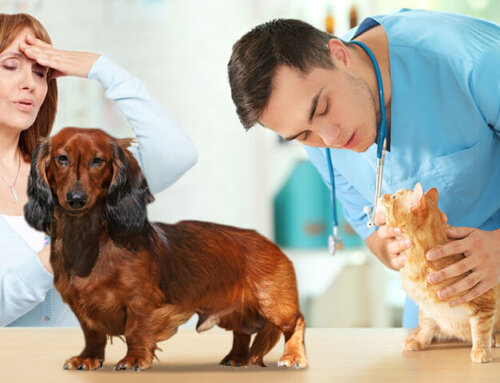
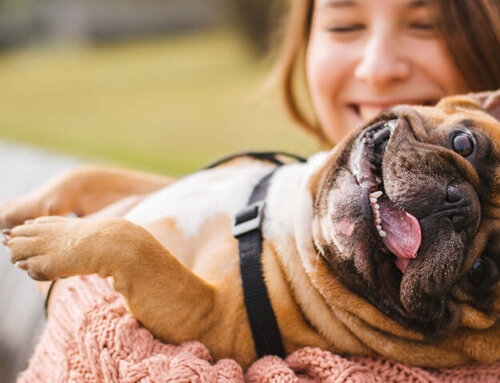
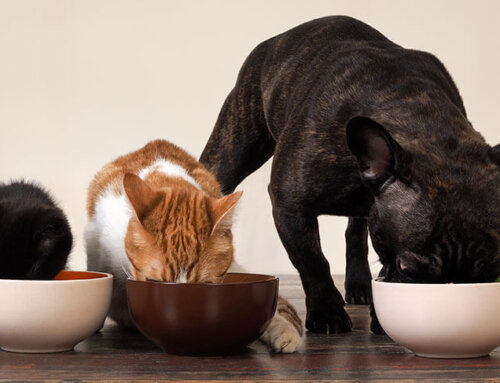
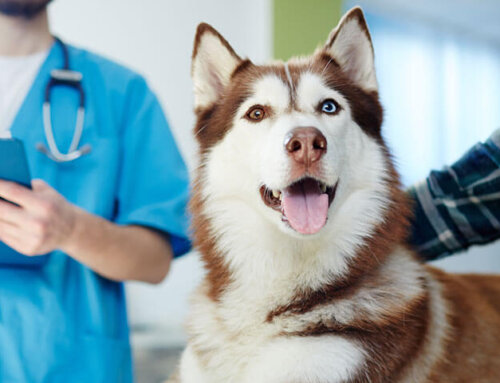
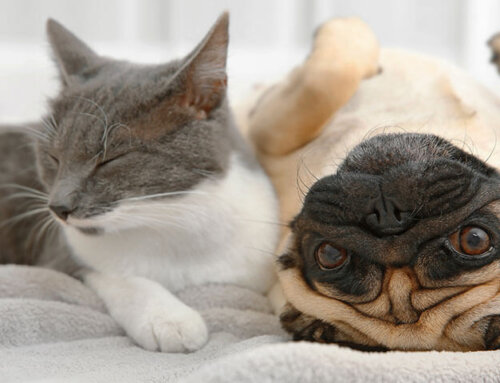
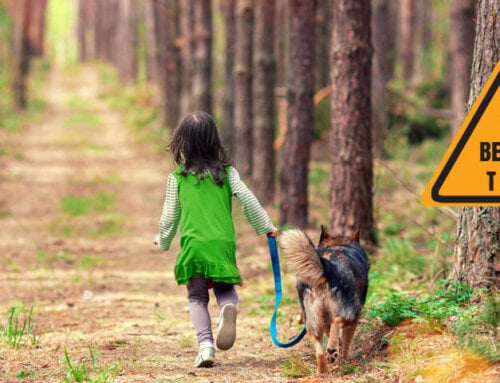
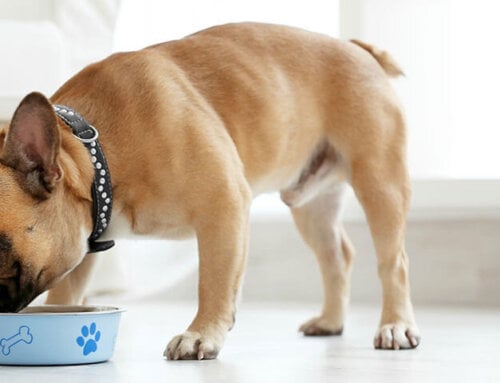
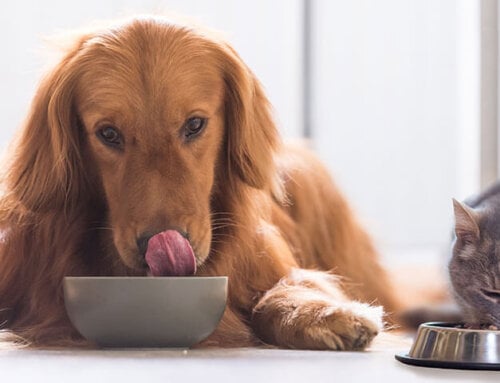

Leave A Comment